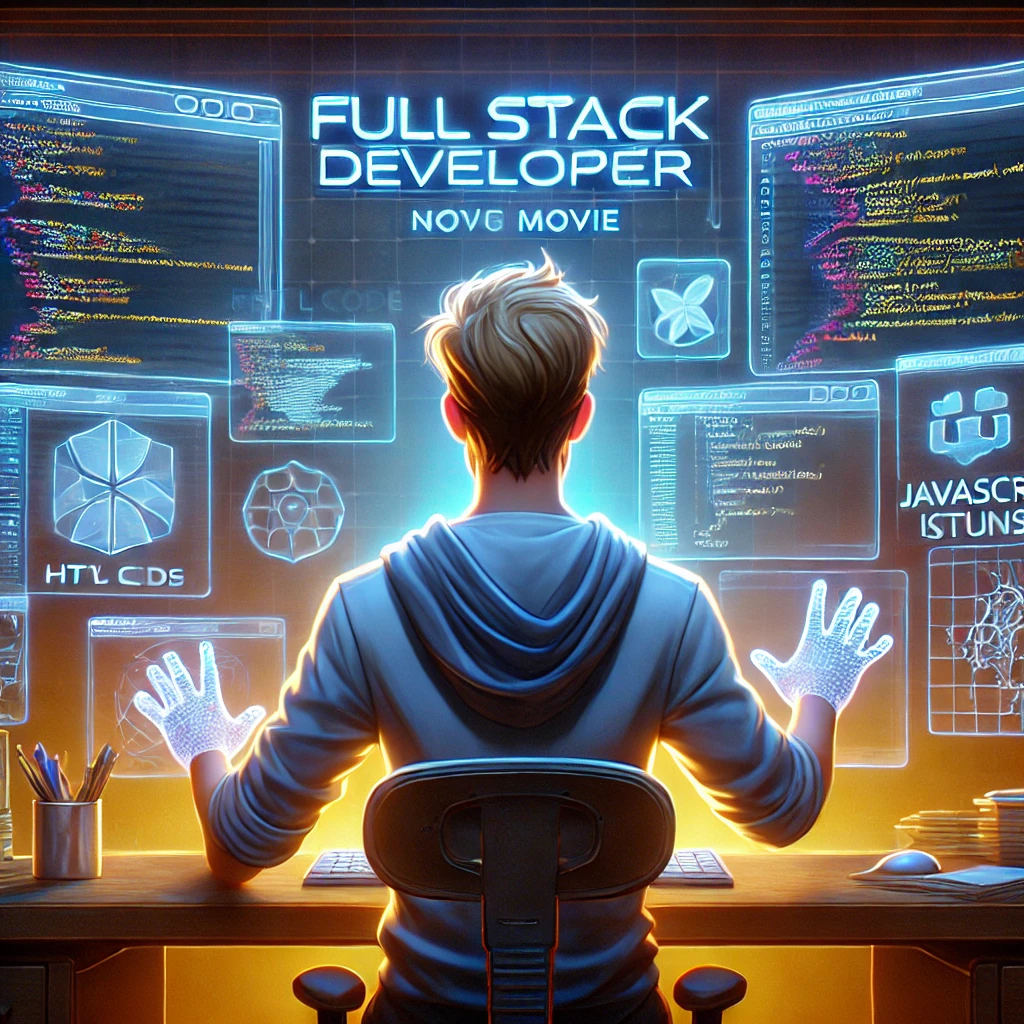AI Engineer

AI Engineer
Specialized in machine learning, artificial intelligence, and advanced data analysis to create automated and predictive solutions.
Python
Multipurpose programming language popular for its simplicity and large ecosystem for data science, backend, and more.
R
Programming language specialized in statistical analysis and data visualization.
SQL
Structured query language used to manage and manipulate relational databases.
PostgreSQL
Relational and object-oriented database management system known for its reliability and extensibility.
TensorFlow
Open-source machine learning library used to develop and train deep learning models.
Apache Spark
Open-source distributed processing engine used for analyzing large volumes of data.
Hadoop
Open-source framework for storing and processing large volumes of distributed data.
GCP
Google Cloud Platform, a set of Google cloud services including infrastructure, databases, and data analysis.
AWS
Amazon cloud services platform offering infrastructure, storage, databases, and more.
Machine Learning
Set of techniques and algorithms that allow computers to learn from data and improve their performance on specific tasks without being explicitly programmed for them.
Big Data
Set of technologies and practices used to store, process, and analyze large volumes of data.
Deep Learning
Subfield of machine learning that focuses on using deep neural networks to model and solve complex problems such as image recognition, natural language processing, among others.
Fundamentals of Artificial Intelligence (AI)
Basic knowledge of the principles and techniques of artificial intelligence, including algorithms, machine learning, logic, and expert systems, used to create systems capable of performing tasks that require human intelligence.
Database Fundamentals
Introduction to the principles of relational and non-relational databases, schema design, and normalization.
Advanced Algorithms
Study and application of complex algorithmic techniques to solve high-difficulty computational problems, including optimization algorithms, graphs, searches, and machine learning.
Problem Solving
Ability to identify problems and develop efficient and effective solutions.
Critical Thinking
Ability to evaluate and question information logically and objectively to make well-founded decisions.















